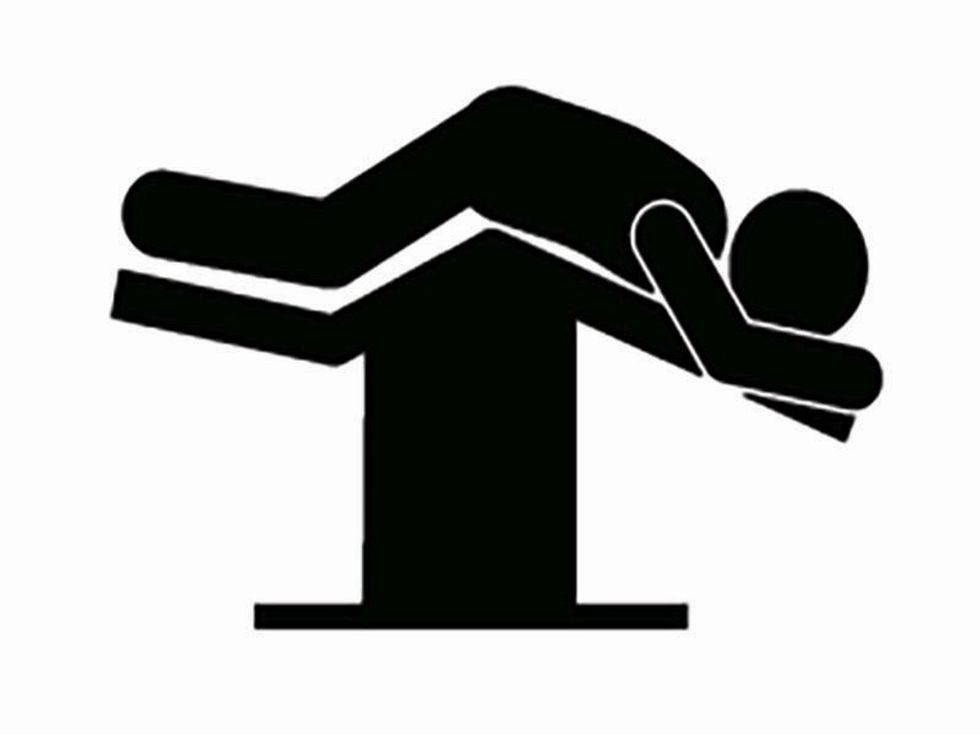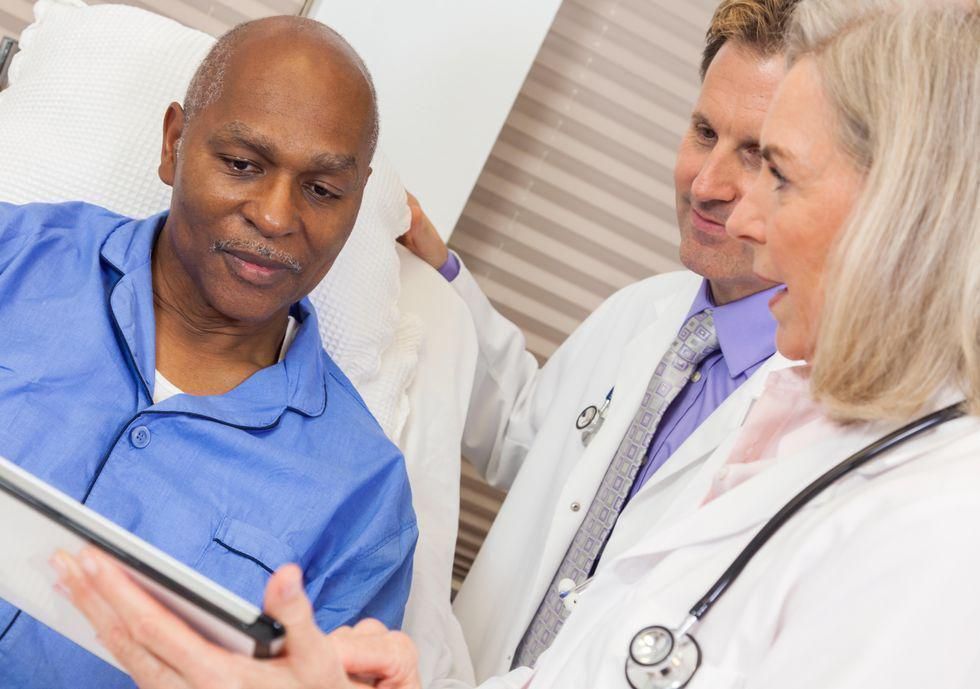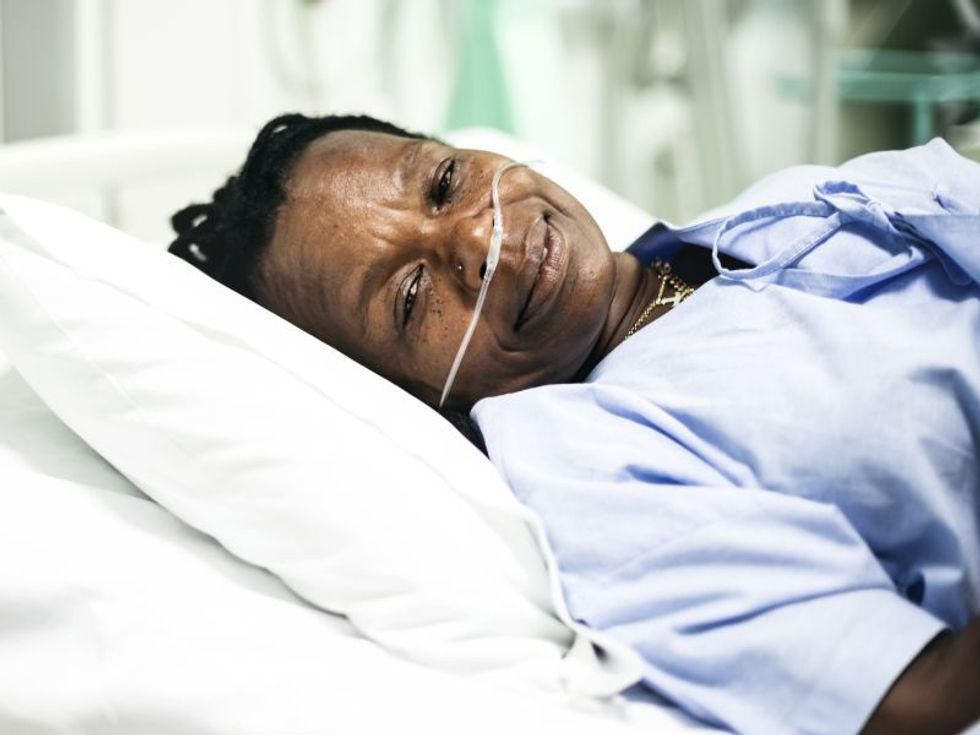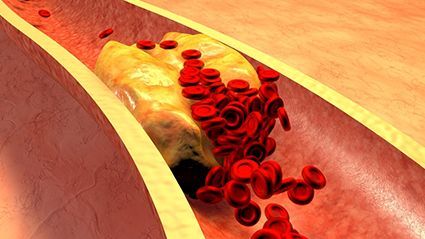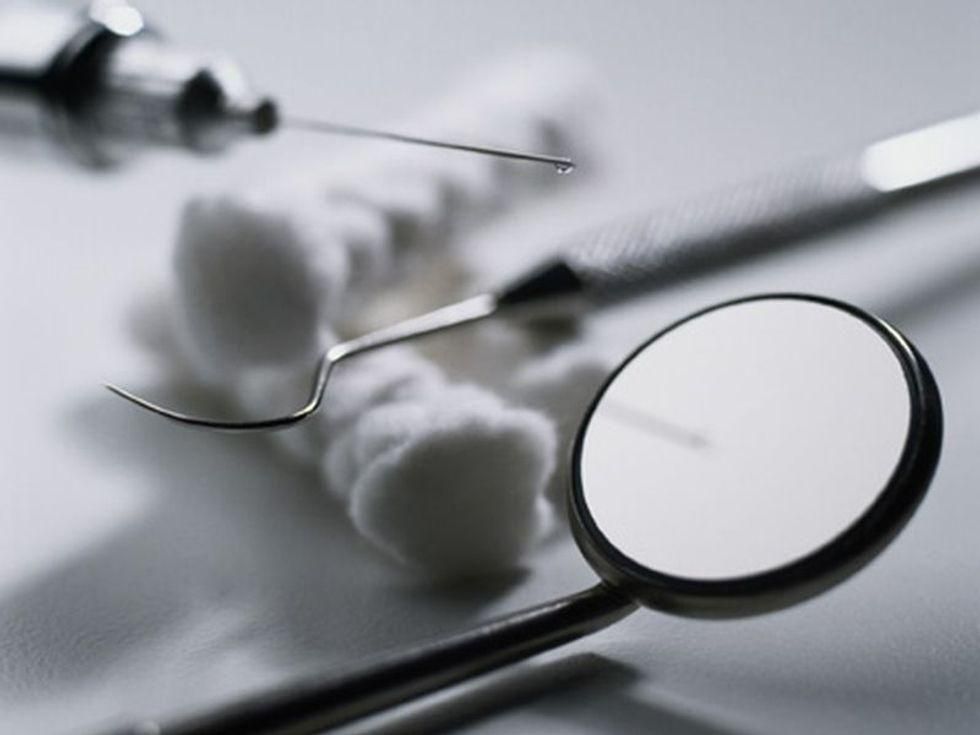
Nearly 60 million Americans live in “dental deserts,” while many more can’t afford basic dental care even if it is available. Enter dental therapists. New research suggests these newly minted health care professionals could help more people get the oral health care they need in low-income areas. They are fast becoming members of a typical… read on > read on >















